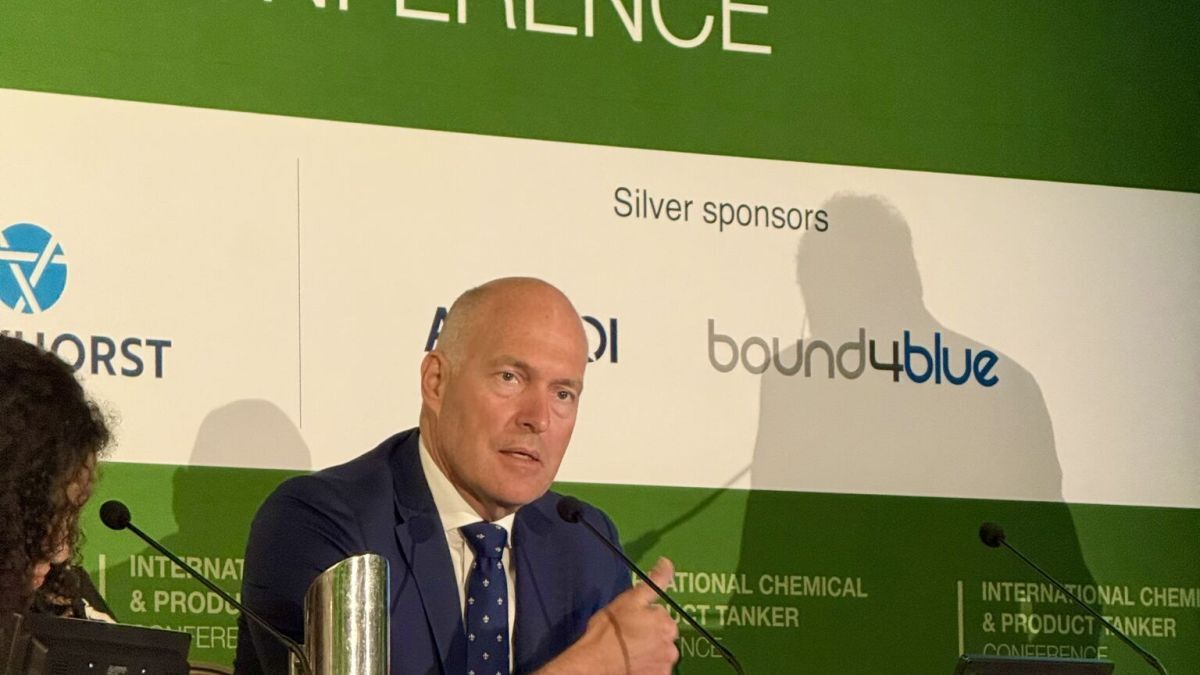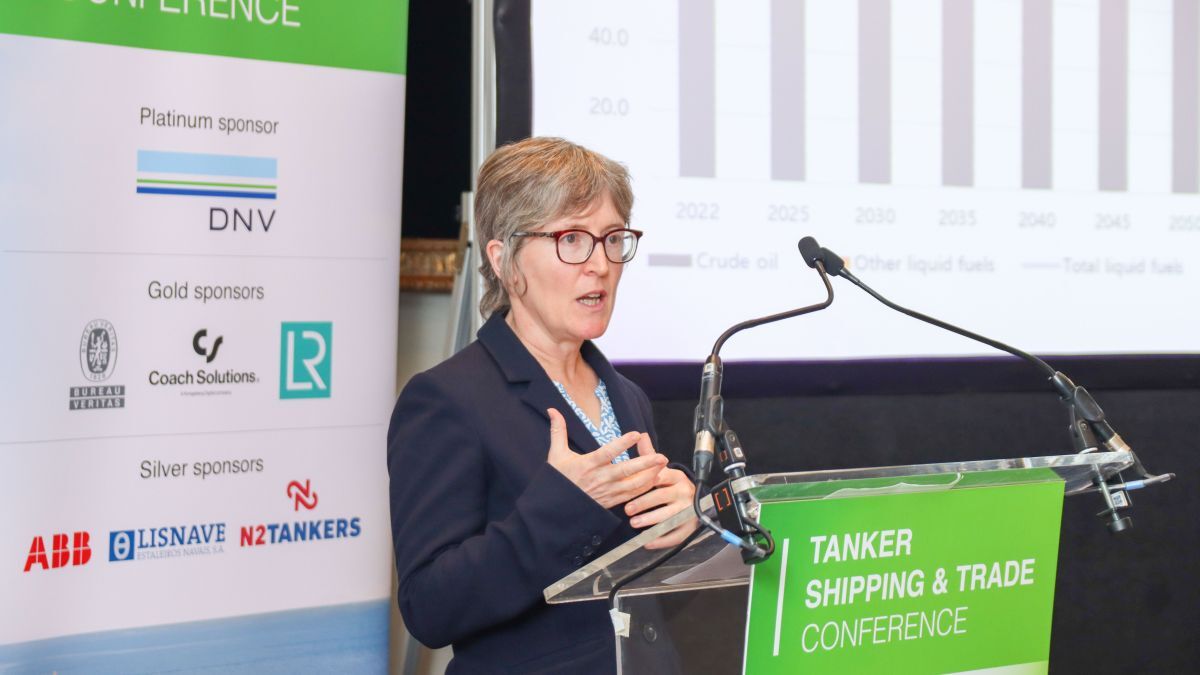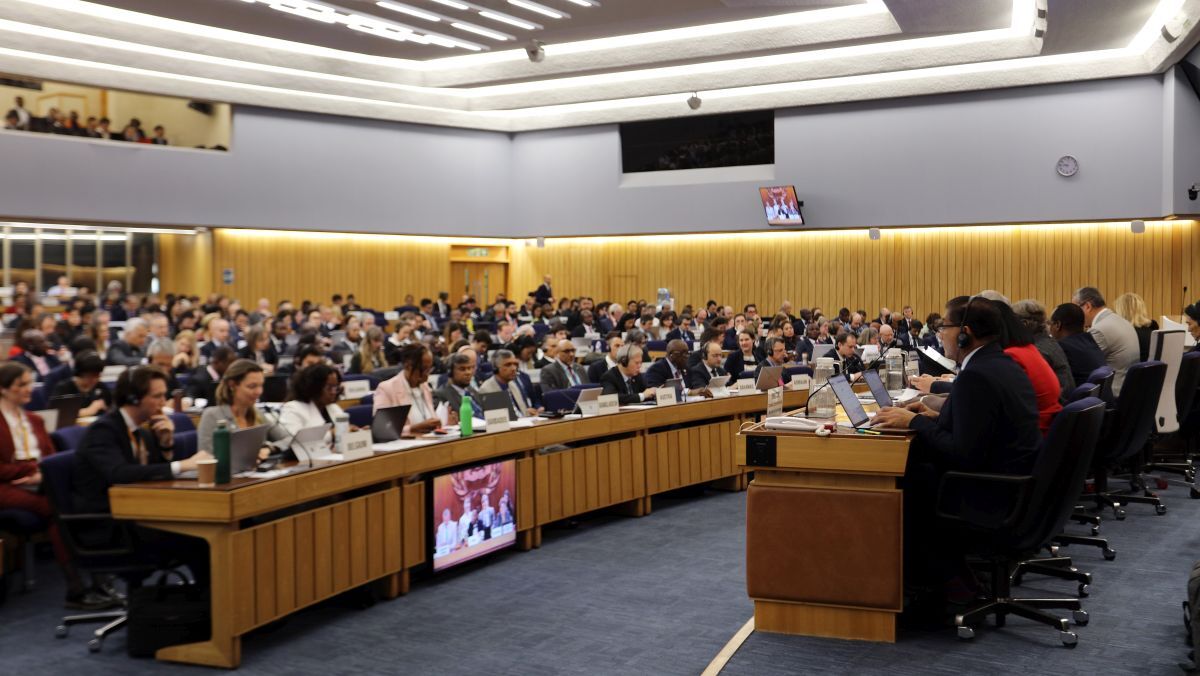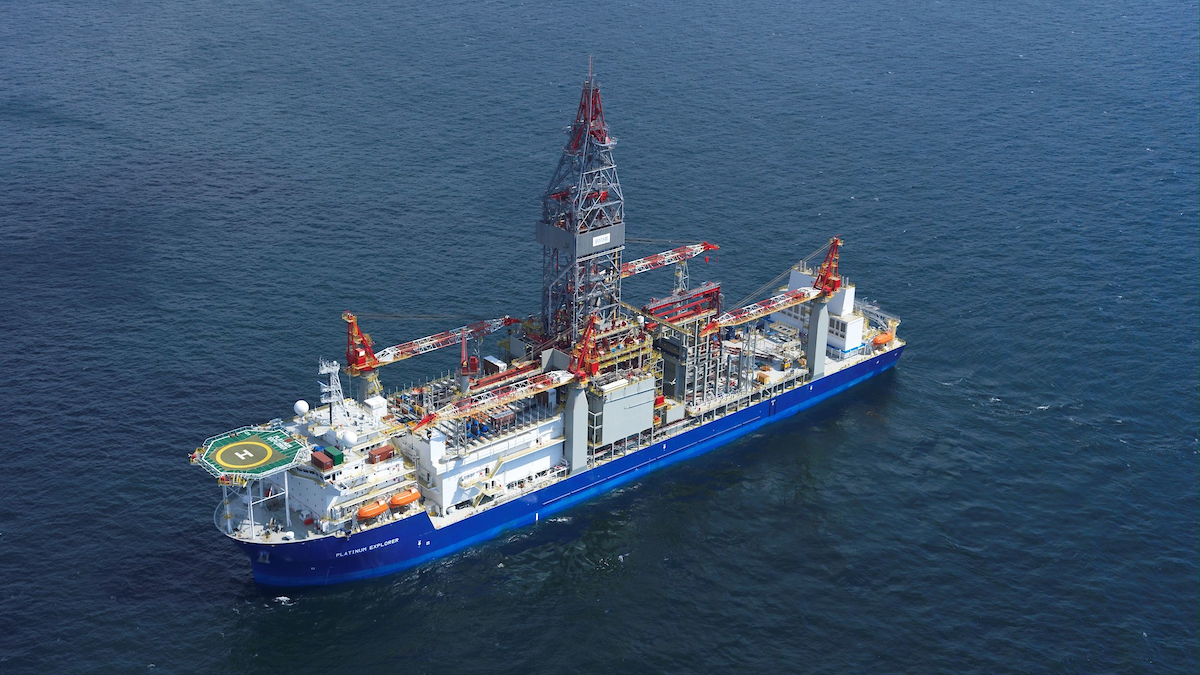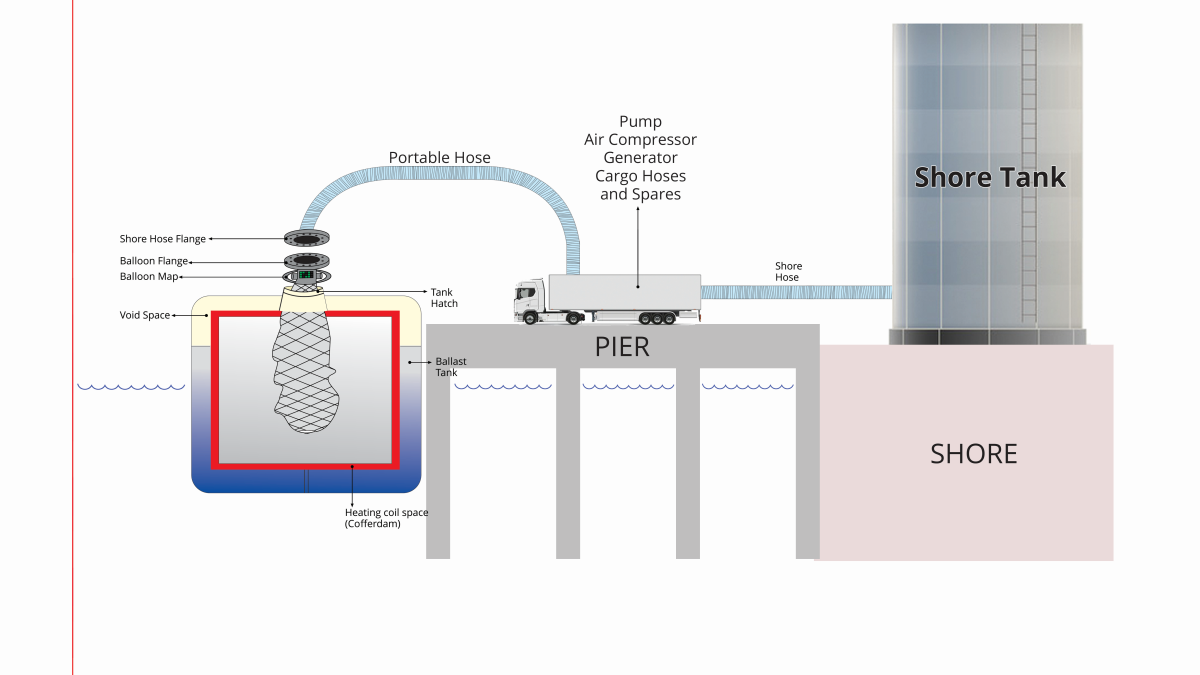Business Sectors
Events
Contents
IMO 2020 creates legal stress points
The responsibilities in timecharter contracts regarding the management, procurement and payment of bunker stems could create stress points come 1 January 2020, explains Campbell Johnston Clark partner Ian Short
A potential source for tension in timecharter contracts in the run up to IMO 2020 is that some new low-sulphur fuel blends being made available by refiners have shown variable characteristics. A further issue relates to the lack of an updated ISO standard, which means that ISO 8217:2017 forms the basis for fuel sampling and testing.
Both BIMCO and Intertanko have drafted clauses setting out the division of responsibilities between owner and charterer before, during and after the transition period on 1 January 2020. Key points in the BIMCO 2020 Marine Fuel Sulphur Content Clause for Time Charter Parties are summarised as:
- Charterer shall supply compliant fuel
- Charterer warrants bunker suppliers’ compliance, specifically with respect to contents of the BDN
- Charterer indemnifies owner for non-compliance and vessel remains on hire
- Owner warrants that vessel complies with sulphur content requirements
- Charterer not liable for owner’s failure to comply, provided that charterer supplied compliant fuel
Key points in the Intertanko Bunker Compliance Clause can be summarised as follows:
- Charterer supplies compliant fuel, including 0.1% sulphur within Emission Control Areas
- Fuel complies with ISO 8217:2017
- Bunkers provided are “fit for purpose and suitable for burning in the main and auxiliary engines”
- Charterer ensures compliance with BDNs and fuel samples
- Charterer indemnifies owner for non-compliance
- Owner warrants vessel compliance and capability to consume compliant fuels
- Bunkers to be kept segregated
- Owner to indemnify charterer for owner’s failures
- Speed and performance warranties based on use of compliant fuels
Both of these sets of clauses are relatively well-balanced and bring more clarity and certainty with respect to the division of responsibilities. It is certainly prudent for owners and charterers to insert such clauses or variations of them into new time charterparties, even where the vessel is due to be redelivered before 1 January 2020 in the event of any extensions to the charter period.
Time charterparties often contain a provision that owners warrant that the vessel complies with all applicable conventions, laws and regulations, including MARPOL as amended and extended. A charterer could argue that the obligation is on the owners to upgrade the vessel when new MARPOL regulations come into effect during the charter period (see the Elli and The Frixos [2008] 2 LL.L.R.) and that it remains possible to burn high-sulphur fuel oil if scrubbers are installed. Existing time charterparty clauses will provide the spec and grade of fuel that a charterer is to supply throughout the charterparty and a charterer could insist on continuing to supply such (less expensive) contractual high-sulphur fuel post 1 January 2020.
Charterparties also often include a provision that fuel supplied is suitable for burning in the vessel’s engines. An owner would suggest that there is an implied term that suitability extends to the legal requirements of the bunkers supplied.
These are just some examples of the legal uncertainty of the parties’ positions should they not agree to suitable fuel transition and low-sulphur clauses in charterparties or addendums, although parties can use some of these points as bargaining chips in commercial negotiations.
*INTERTANKO is hosting an exclusive breakfast briefing on day two – 27 November – of the annual Tanker Shipping & Trade Conference in London. At the briefing INTERTANKO’s senior technical manager Gilyong Han and general counsel Michele White will share guidance on IMO Guidelines for Consistent Implementation and give practical examples of actions ship operators may take in various situations. INTERTANKO members and associate members attending the breakfast seminar and interested in attending the Tanker Shipping & Trade Conference should email: paul.dowling@rivieramm.com.
For more information on the Tanker Shipping & Trade Conference please see. www.tankershippingconference.com
Related to this Story
Women in Maritime Today: Elin Saltkjel says no day working in maritime is dull
Events
Maritime Environmental Protection Webinar Week
Cyber & Vessel Security Webinar Week
The illusion of safety: what we're getting wrong about crews, tech, and fatigue
Responsible Ship Recycling Forum 2025
© 2024 Riviera Maritime Media Ltd.




